News
-
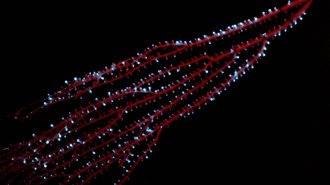 Animals
AnimalsGlowing octocorals have been around for at least 540 million years
Genetic and fossil analyses shine a light on how long the invertebrates have had bioluminescence — a trait thought to be volatile.
By Jake Buehler -
 Plants
PlantsPlant ‘time bombs’ highlight how sneaky invasive species can be
Sycamore maples and some other plant invaders lurked for centuries before starting to choke out native ecosystems and species.
By Susan Milius -
 Physics
PhysicsSeparating science fact from fiction in Netflix’s ‘3 Body Problem’
Real science underpins much of the action in the show — along with a hefty dose of artistic liberty.
-
 Climate
ClimateA rapid shift in ocean currents could imperil the world’s largest ice shelf
Roughly the size of Spain, the Ross Ice Shelf stabilizes major glaciers along Antarctica’s coast — and is at risk of retreating, a new study finds.
By Douglas Fox -
 Health & Medicine
Health & MedicineA new U.S. tool maps where heat will be dangerous for your health
The daily updated HeatRisk map uses color coding to show where the health threat from heat is highest and offers tips on how to stay safe.
By Nikk Ogasa -
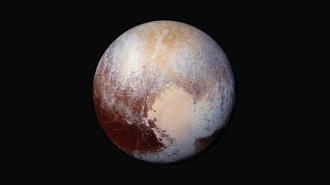 Planetary Science
Planetary SciencePluto’s heart-shaped basin might not hide an ocean after all
Planetary scientists propose an alternative theory to explain why Sputnik Planitia has stayed put across Pluto’s equator.
By Adam Mann -
 Science & Society
Science & SocietyLanguage models may miss signs of depression in Black people’s Facebook posts
Researchers hope to use social media posts to identify population-wide spikes in depression. That approach could miss Black people, a study shows.
By Sujata Gupta -
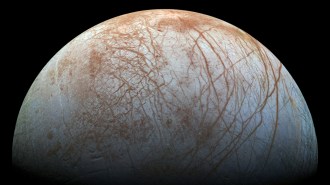 Planetary Science
Planetary ScienceOur picture of habitability on Europa, a top contender for hosting life, is changing
The moon of Jupiter is considered one of the most promising places to look for life, but its subsurface ocean may be less habitable than once thought.
By Nikk Ogasa -
 Ecosystems
EcosystemsA new road map shows how to prevent pandemics
Past viral spillover events underscore the importance of protecting wildlife habitats.
-
 Health & Medicine
Health & MedicineAimee Grant investigates the needs of autistic people
The public health researcher focuses on what kinds of support people with autism need rather than on treating the condition as a disease to cure.
-
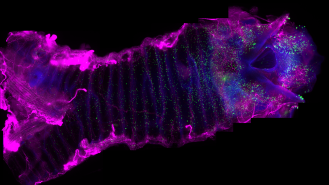 Neuroscience
NeuroscienceThese windpipe cells trigger coughs to keep water out of the lungs
Neuroendocrine cells can sense substances on the way to the lungs and prompt reactions such as coughing and swallowing, experiments in mice show.
-
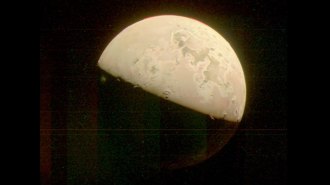 Planetary Science
Planetary ScienceJupiter’s moon Io may have been volcanically active ever since it was born
An analysis of the moon’s atmospheric composition suggests that it has been spewing sulfur for roughly 4.6 billion years.
By Nikk Ogasa